Contents
We often get two questions around podcast show notes:
- What are podcast show notes?
- Do I really need them?
Podcast show notes provide additional information and resources for the listener to skim through and discover. And do you need them? Yes.
But don’t worry, we’re not going to leave you there. Throughout this article, we’re diving into why podcast show notes are valuable and key tips for making your own.
What are podcast show notes?
Podcast show notes are written summaries or descriptions of individual podcast episodes. They serve as a supplementary resource for listeners and potential listeners, providing a brief overview of the content covered in the episode.
Show notes typically include:
- Key points
- Main topics discussed
- Guest information
- Relevant links
- CTAs (Call-to-Action)
And any other information that can help the audience understand what the episode is about or share materials that you mentioned throughout the episode.
Maybe you talked about an image you saw on the internet -- that can be attached to the show notes. You can also add links to websites, emails, and social media handles so that listeners can get in touch with you.
The difference between podcast show notes and episode descriptions
Some people tend to get confused with the difference between an episode description and show notes.
Episode descriptions are a short, enticing, almost pitch for your podcast episode, telling listeners key things they’ll learn and why they should listen. You’re trying to grab their attention and get them to press the play button.
Podcast show notes on the other hand aim to provide listeners with a holistic understanding of the episode's content, making it easier for them to engage with and share the material. They offer tremendous opportunity and value to your series and are a great way to tell/show listeners the action that you want them to take next (a.k.a your written call-to-action).
Why you need podcast show notes
Convenience
Even though your main goal is obviously to get listeners to tune in and listen to your episode, sometimes audio just isn’t enough. Podcast show notes give listeners the opportunity to read a more in-depth overview of what you’ll be discussing in the podcast and the resources they can expect you to review.
Here are a few ways that podcast show notes make the listening experience more convenient:
They’re skimmable:
Sometimes listeners are in a rush and can’t dedicate 20-minutes or more to a podcast episode. Instead, they may just want to skim your show notes and save the episode for later. If a potential listener is tight on time, reading your show notes can be a selling point for your series over another.
Resource library:
Link all of the resources you mention in the episode, like visuals, books, videos, graphics, statistics, etc; in your podcast show notes. By doing so, your show notes act as a kind of one-stop-shop for listeners to find everything you talked about in the episode.
Easy navigation:
Longer podcasts often cover multiple topics or segments. Show notes break down the episode into sections with timestamps, making it easy for listeners to jump to the specific parts they're interested in, saving them time and effort.
Searchability:
Show notes often include keywords and tags that make the podcast episode searchable. If listeners want to revisit a specific topic or find information they vaguely remember, they can use these keywords to quickly locate the relevant episode.
Remember, time is valuable. If you can make the listening experience – or skimming – experience better for your audience, do it!
Visual element
Show notes add that visual element to your podcast, and sometimes that’s necessary for listeners.
By creating in-depth show notes you’re proving to your listeners that you’re dedicated to making sure they have all the information they may need to take their next step of action, such as checking out resources you discussed, getting in touch with you, etc.
Additionally, show notes make it easier for individuals with hearing impairments or language barriers to engage with your podcast in a different format
SEO
Another take of the benefits of podcast show notes is SEO. SEO stands for "search engine optimization", and is the process of improving the visibility and traffic you generate from search engines like Google.
The better your SEO, the more likely you'll grow your listener base. Your show notes are the perfect place to strategically place keywords that will help boost your podcast’s SEO overall, therefore assisting in your growth.
Yes, it can take a little more effort on your end but trust us, your listeners will appreciate you and you’ll attract more exposure to your podcast.
Better your CTAs
All marketers know the power of a strong CTA. Whether you’re interested in having your listeners subscribe, leave a review, sign up for a newsletter, or become a Patreon member, show notes have you covered.
In addition to having a strong CTA in your episode and episode description, including a section of calls-to-actions within your show notes ensures that your audience doesn’t need to remember multiple URLs to take the next step. Instead, all you have to do is direct them to your show notes page and they can easily navigate from there.
6 tips for creating podcast show notes
Keywords
While you’re writing your podcast show notes keep keywords in mind. Strategically place keywords in the titles, headers, and body text to boost your searchability.
Be careful not to keyword stuff (which is pretty much what it sounds like – stuffing as many keywords as possible into a chunk of text). No one wants to read that sales-y stuff and search engines don’t appreciate it.
Make them easy to read
Remember, your listeners aren’t expecting to read a novel. Yes, giving them more in-depth information is important and you can and should do that.
The way you format though is important. For example, when you’re linking resources, have a quick statement of what the resource is and then the link - simple as that.
In short, your show notes should be skimmable for whoever’s reading.
Format
We mentioned the format above but let’s hammer it home.
We suggest keeping your show notes under 700 characters (or about 105 words). When you’re writing show notes make sure to include titles, headers, paragraphs, bold text, italicized text, etc. Essentially, anything that will make your show notes easier to read.
Here is a sample format that you can follow when writing your show notes:
- Start with a hook;
- Introduce the guest;
- Give a short summary;
- Include additional resources;
- End with a strong call to action.
Guest bios
Show notes are a great way to add descriptions of your podcast guests. Especially if a potential listener is debating whether or not they want to press play, reading your show notes and learning more about the guest may entice them.
Make sure that in addition to your guest’s bios, you also link ways for listeners to get in touch with them or find them on social media (if the guest consents to this).
Thank your sponsors
Much like including your guests, show notes are a great opportunity to thank your sponsors. For example, one of the top podcasts in the world, The Tim Ferriss Show, includes written versions of their ads in their show notes as an additional monetization opportunity.
CTAs
Your call to action is key here.
Tell your listeners what you want them to do and where they should go next. This could be anything from linking to a Patreon page for them to donate, your website, a webinar, social media channels, another series you have, or even past episodes to boost your growth even more.
Podcast show notes resources
If this article wasn’t enough to inspire you to jump in and create your podcast show notes, here are some further resources you can check out:
- Buzzsprout has created this free podcast show notes template;
- CoHost created an ultimate SEO guide for podcasts;
- Podcast Fast Track is a service specifically focused on creating podcast show notes;
- If you need some more inspiration, check out The Tim Ferriss Show.
Your show notes are for your audiences
Remember that your podcast show notes are for your audience.
Listeners benefit from show notes that offer a roadmap to navigate episodes, reinforce key takeaways, and provide additional resources for deeper exploration. You’re trying to add some convenience into their life while growing your series at the same time.
If you’re interested in learning more about show notes and branded podcasts, reach out to our team.


.avif)
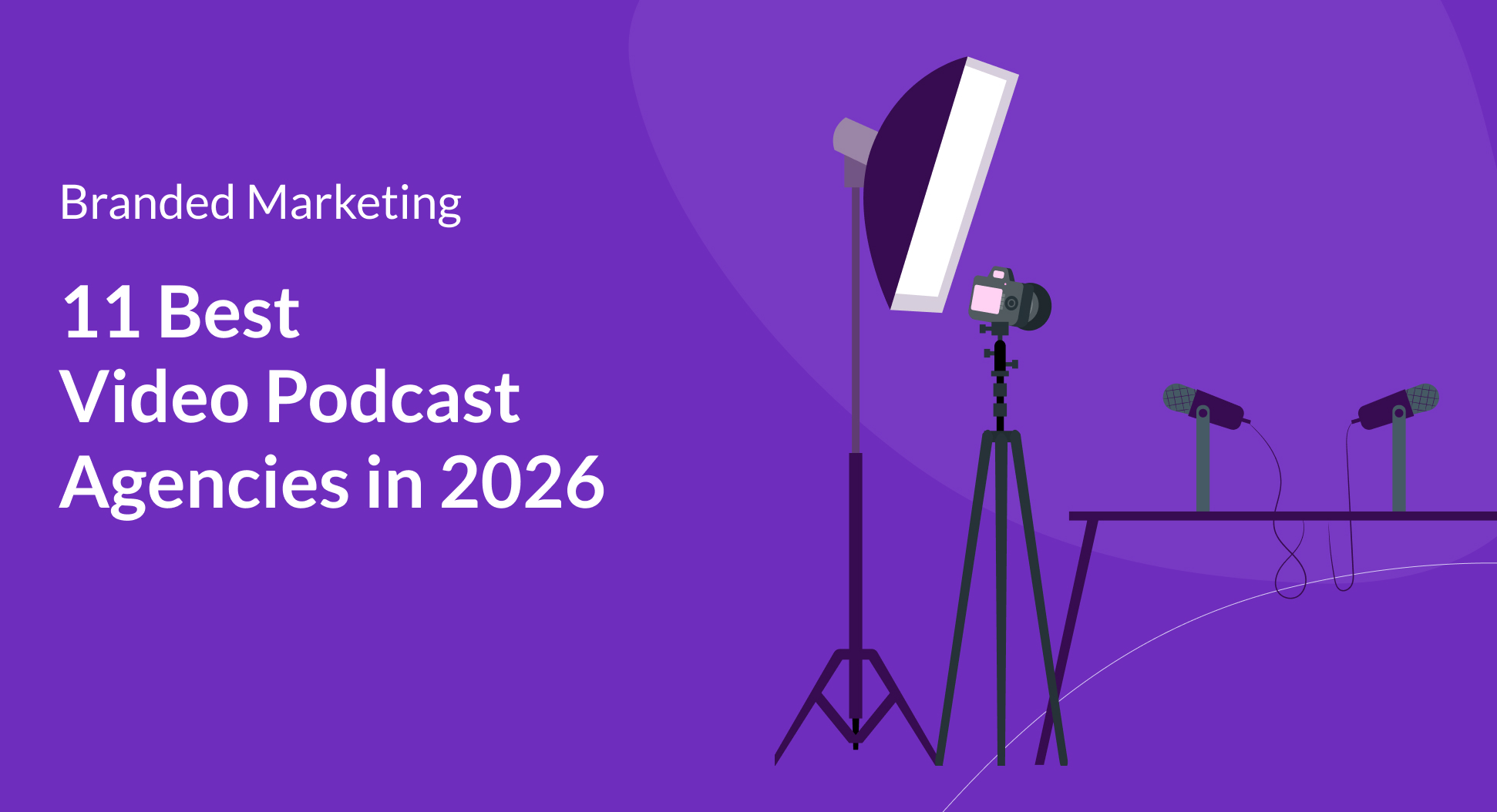
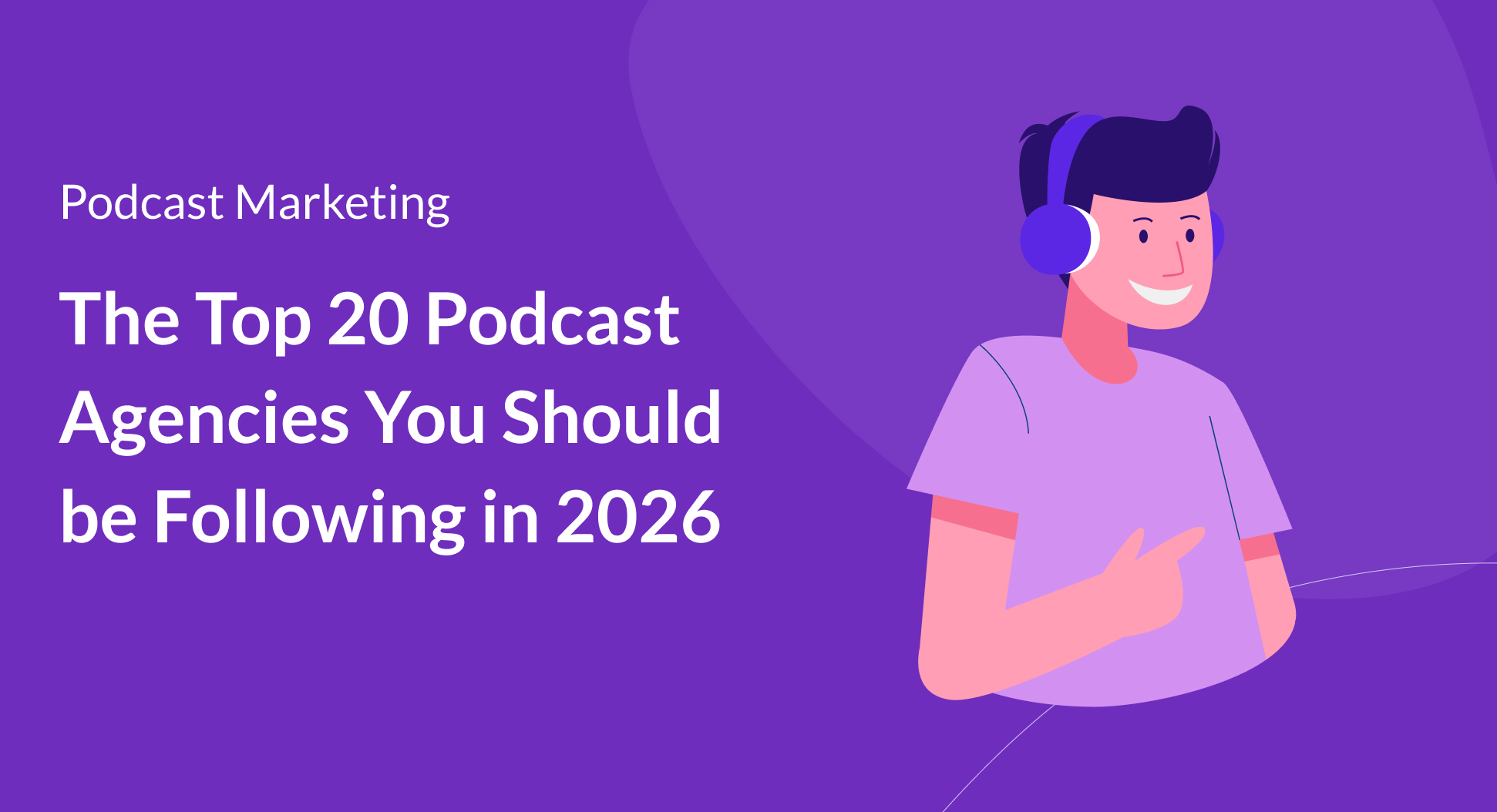
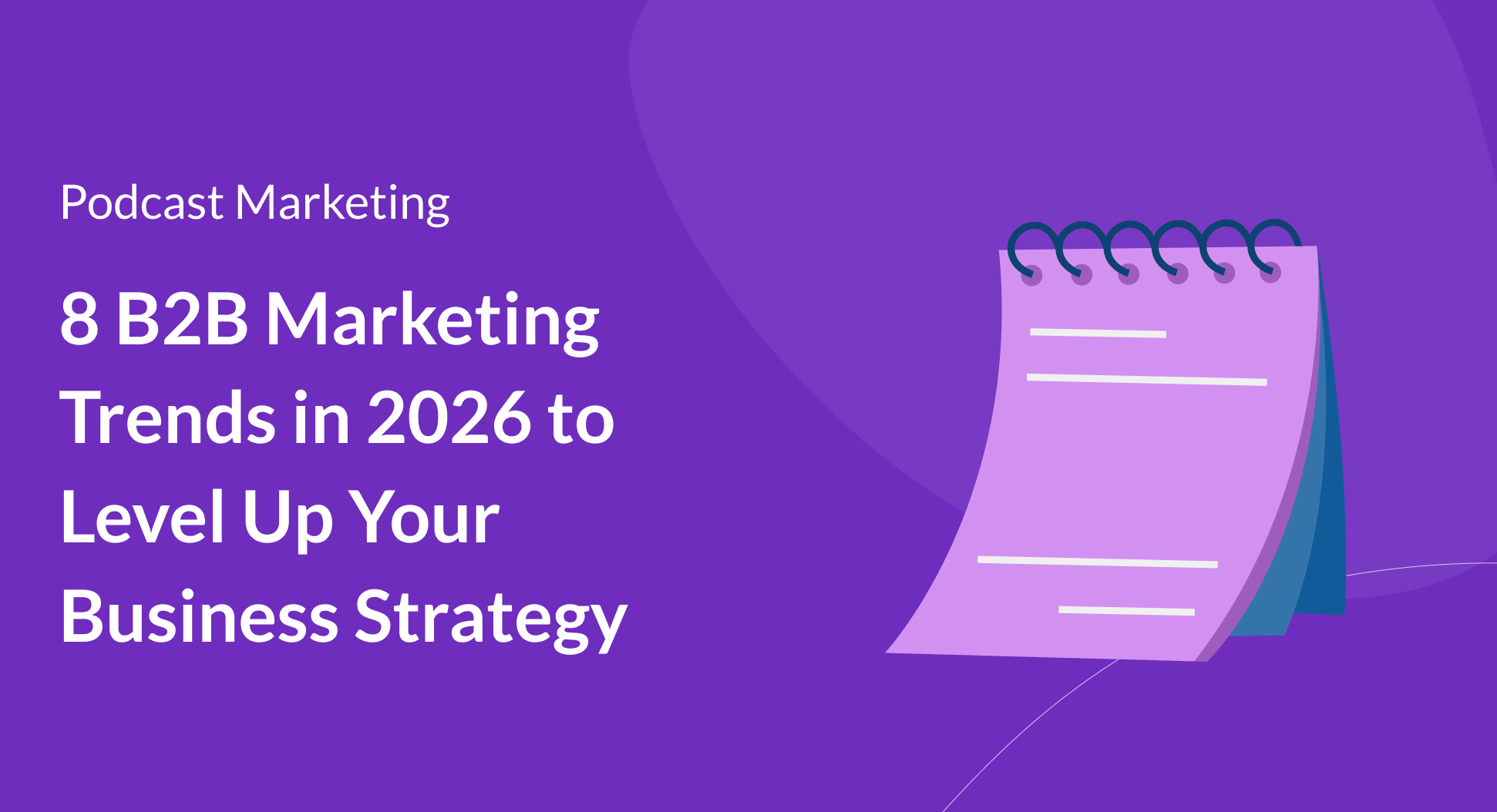
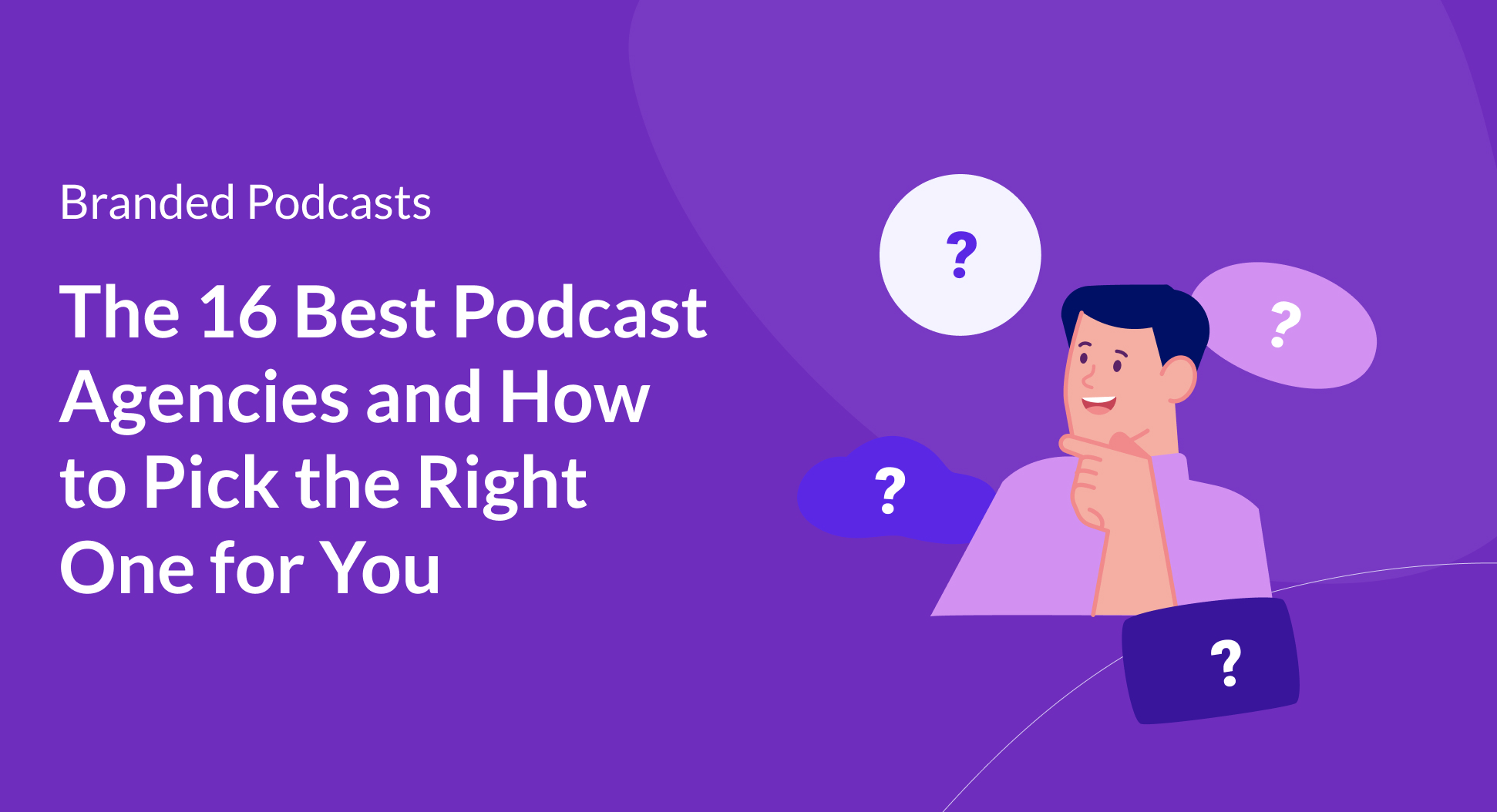
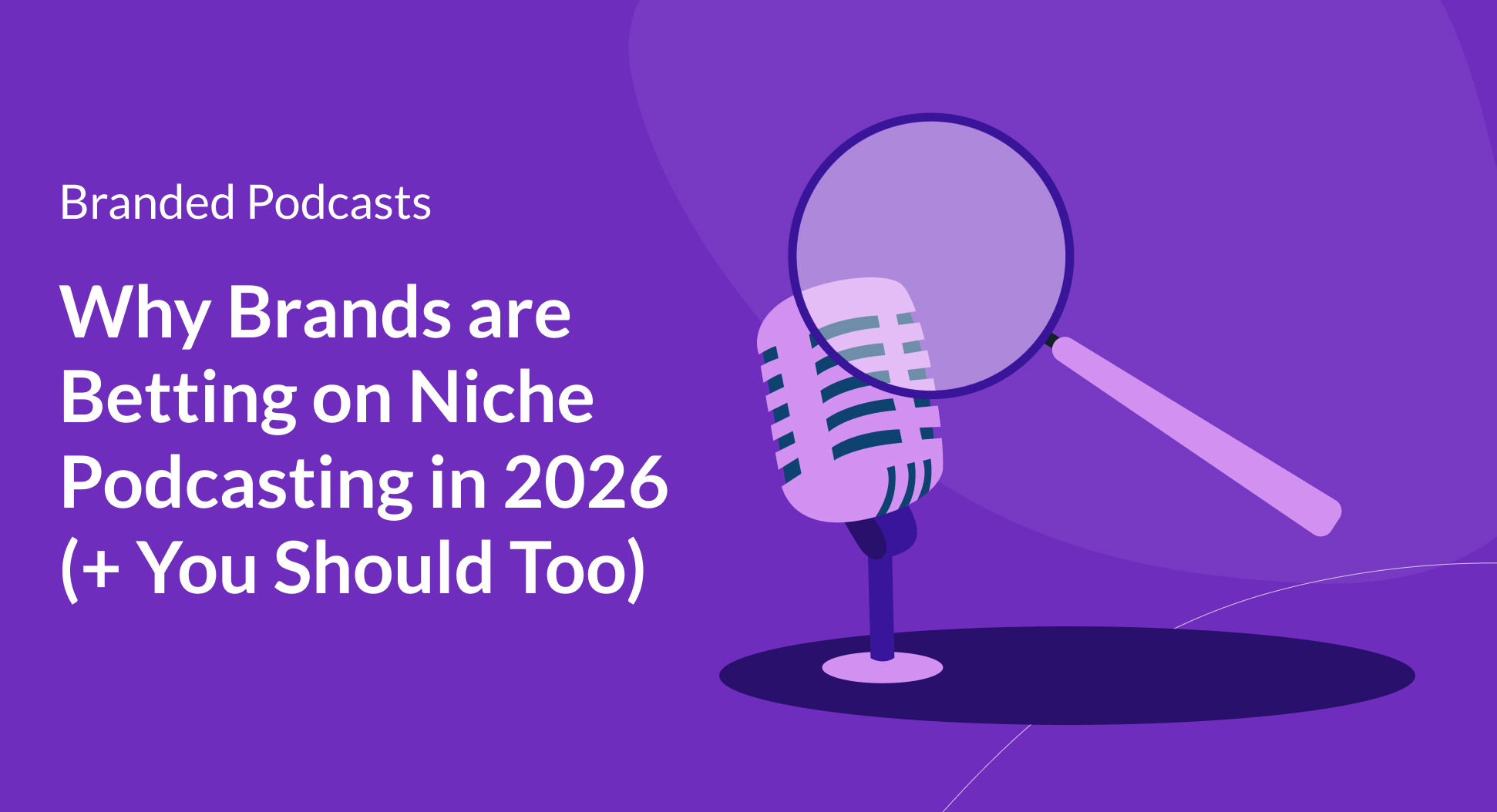
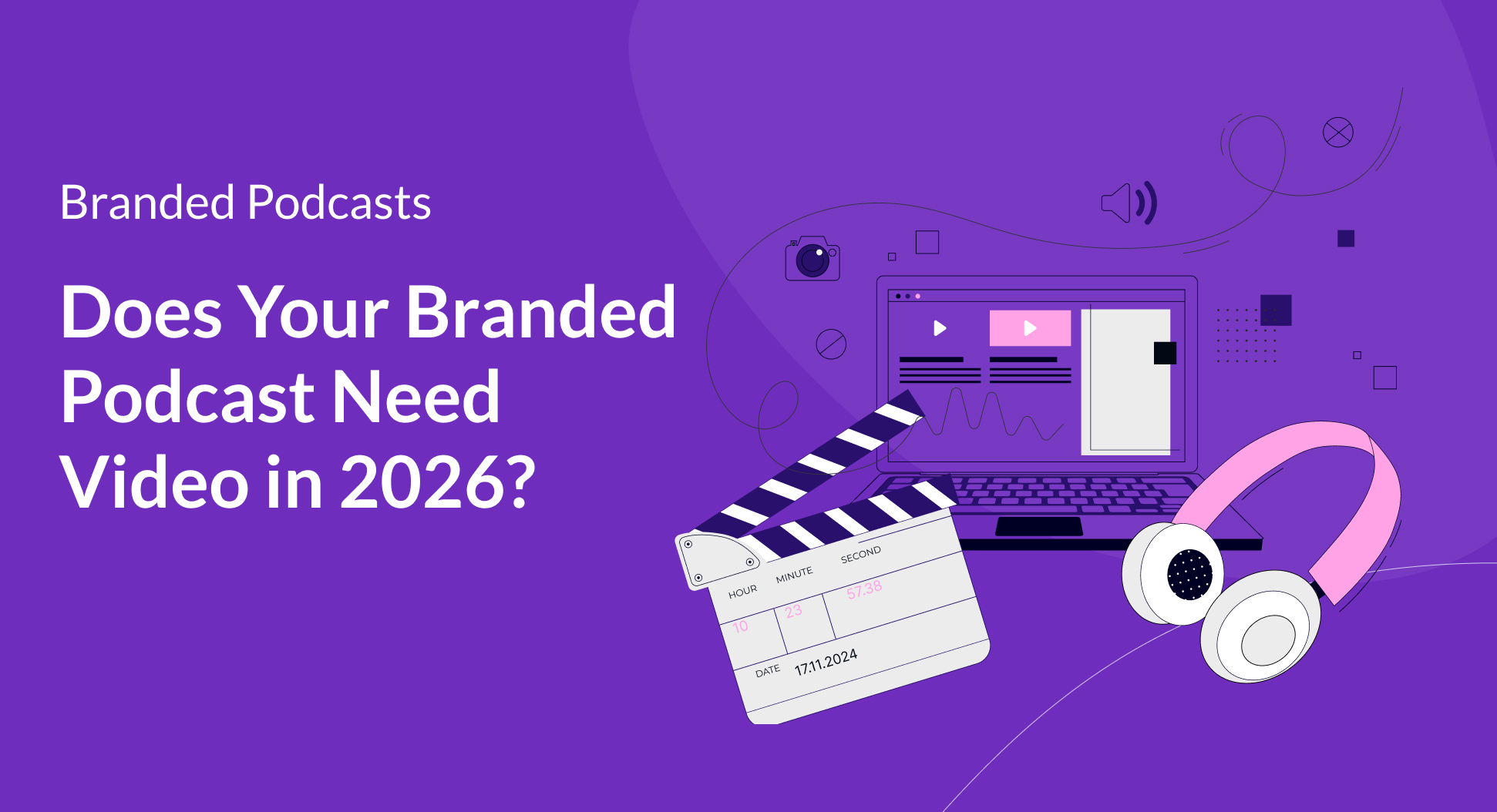
.png)

.png)




.png)
.png)
.png)
.png)